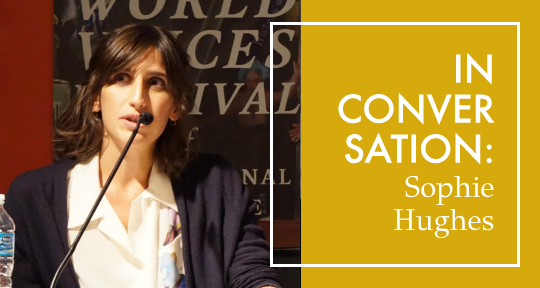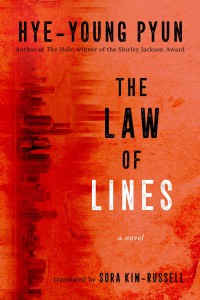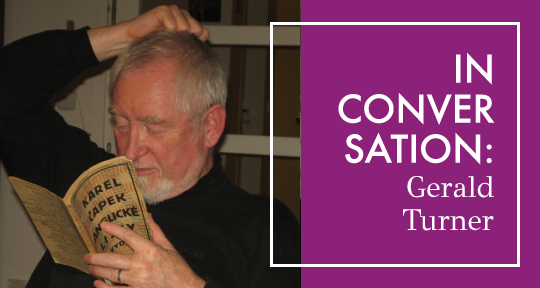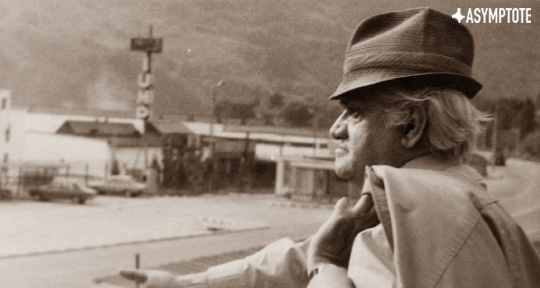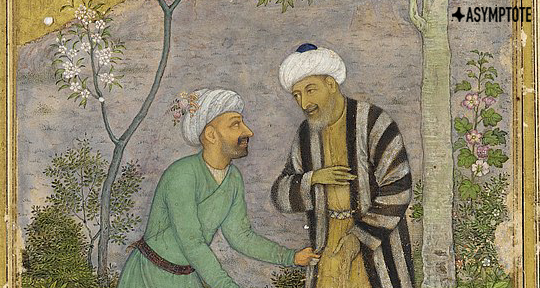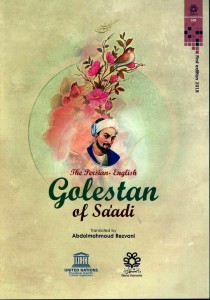Of Lolita, that startling, monumental novel that—by Vladimir Nabokov’s own words—”completely eclipsed [his] other works,” of a story that continues to enthral, shock, and conjure up long-winding debates since its 1955 publication, of this classic that stunned the world . . .
Though Lolita was originally written in English, Nabokov himself was, as Alfred Kazin said, “a man who turned statelessness into absolute strength.” In addition to being a well-respected translator of Russian poetry, he was also the one who took on the laborious task of translating Lolita back to his native language (albeit in bootleg copies, as it was banned in the Soviet Union until 1989). Though most authors would be reluctant at the thought of translating their own work, difficulties on Nabokov’s part was perhaps mediated by his translation philosophy, which was centred around the existence of a greater metaphysical language, of which all the various iterations of the same text—including the original—are fragments.
In consideration of this greater language, of which the spirit of a text surges and infuses its renditions, we must also think of Lolita as study of an immense mind as it navigates the English language anew, amidst a collision of intercultural practices, literary traditions, and theories. In choosing this subject for the latest Asymptote at the Movies, our blog editors consider not only Lolita‘s textuality, but also the “collision of interpretations” that led to its varied existences. The films, directed by Stanley Kubrick and Adrian Lyne, are supreme examples of the intertextuality, as defined by Brian McFarlane, that adopts the original novel as a resource, as opposed to the source. They are celebrations of translation as a wholly original art.
Xiao Yue Shan (XYS): It’s hard to think of an author less befitting of cinematic adaptation than Vladimir Nabokov—that indisputable master of runaway language, his generous verbosity that creates multifarious, dramatic textures . . . It defies the instantaneous appreciation for images. That is not to say that Nabokov isn’t a distinctly vivid writer (what is more lucid than that single configuration: “four feet ten in one sock”?), but that his work is the embodiment of that singular textual quality of transformation and reference—one word simultaneously impresses on the next while calling back towards the previous, a line denoting memory is startled by its knowledge of the present. The writer, in impeccable craft, moves from the tactile to the figurative to the emotional to the sensual.


